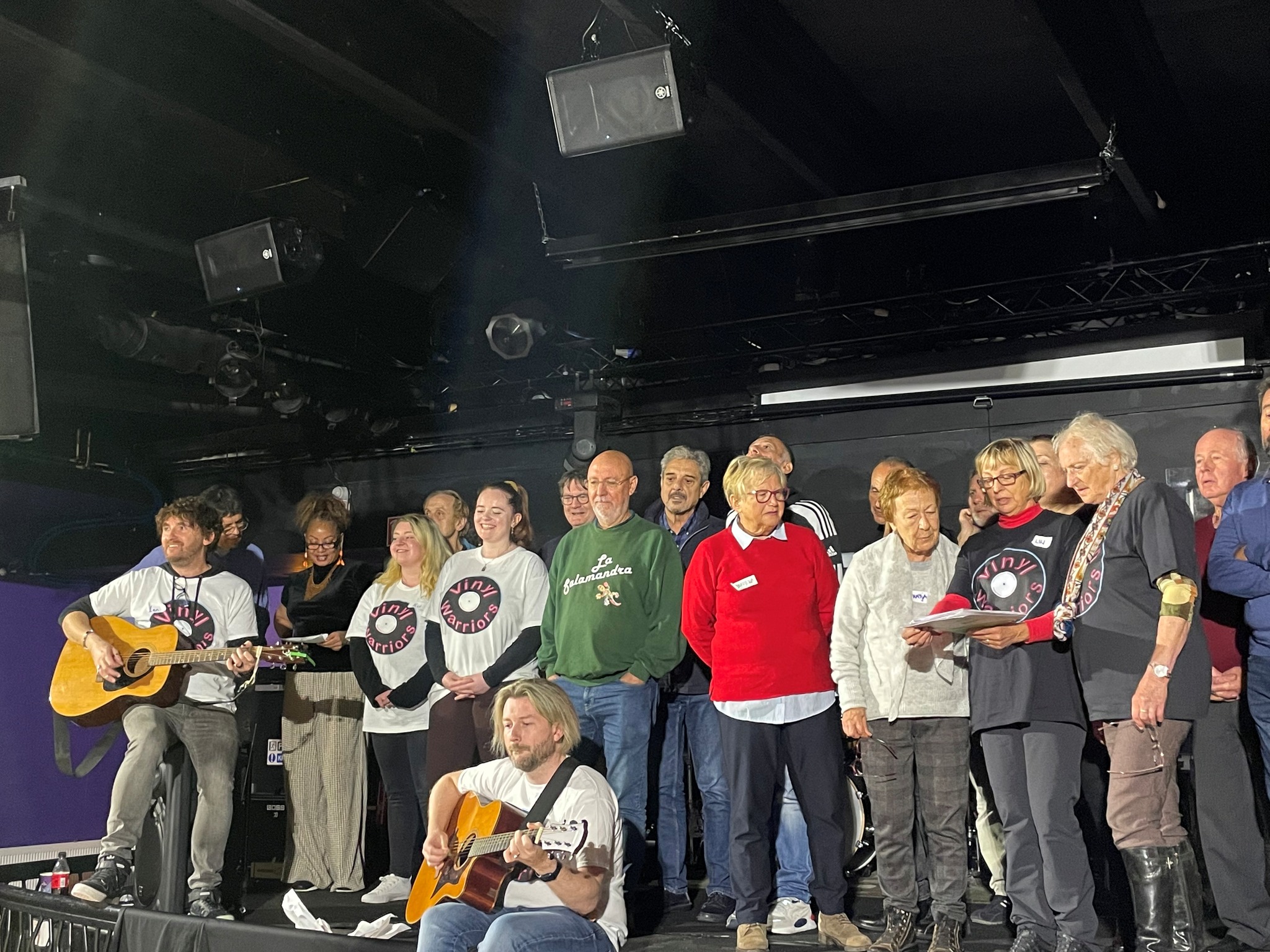Partenaires
- Ballybeen Women’s Centre (United Kingdom) – coordinator
- The Rural Hub (Ireland)
- SPEHA FRESIA (Italy)
- INICIATIVAS DE FUTURO PARA UNA EUROPA SOCIAL COOP (Spain)
- SOLUTION : Solidarité & Inclusion (France)
- ZVEZA DRUSTEV UPOKOJENCEV SLOVENIJE (Slovenia)
- Skills Elevation (Germany)

Project description
In 2006 the Economic Policy Committee and the European Commission estimated that “the working age population in the EU will decrease by 48 million, a 16% reduction, between 2010 and 2050, while the elderly population will increase by 58 million, a gain of 77%”. Retirement is a universal phenomenon. It is experienced by Europeans in all countries, from all walks of life. It is, however, a period in life when inequalities between different subsets of the population become more pronounced. Either because of the sudden increases in free time, or because of a decline in their personal health, the newly retired are one of the most vulnerable societal groups when it comes to depression and mental illness. The road to inactivity for older workers is more often than not a road of no return. Research shows that prolonging the active engagement of recent retirees’ impacts positively on their personal self-esteem, their mental and physical health and well-being, fights social exclusion and offers recognition of their continued importance to society. As the ageing of the EU population continues apace and the percentage of retirees grows exponentially it is incumbent on service providers in adult education to take the necessary steps to foster positive mind- sets and encourage seniors to plan an active, fulfilling and rewarding life in retirement.
Digital Literacy is increasingly becoming an essential life skill and the inability to access or use ICT has effectively become a barrier to social integration and personal development. With the convergence of different media forms in recent years, access to technology platforms can no longer be considered as real barriers to digital inclusion. The real issue where digital literacy is concerned, especially for seniors throughout Europe is about their ability to use the now widely available technology platforms. It is not that there is insufficient training available! On the contrary, there have been dozens of initiatives focused on developing digital skills training for seniors.
For many educators who work with seniors, the biggest single barrier to building the digital skills of seniors is the complete lack of interest they show in new technologies which is perhaps masking their fear of these new pervasive technologies. Around 170 million people or 44% of adult Europeans have low or no digital skills. The more you move along the age profile of adults, the greater the percentage of those with no or low skills. Lack of need or interest and insufficient skills are the top reasons cited in the European Digital Progress Report (2017). It is the typical ‘chicken’ and ‘egg’ scenario. Do older people have a lack of interest because they have low skills; or do older people have low skills because they have a lack of interest?
Malcolm Knowles theory of learning focused on andragogy, a term he described as ‘an emerging technology’ facilitating the development and implementation of learning activities for adults based on the following assumptions:
- Need to Know: Adults need to know the reason for learning.
- Experience: Adults draw upon their experiences to aid their learning.
- Self Concept: Adults need to be responsible for their decisions on education, involvement in planning and evaluation of their instruction.
- Readiness: The learning readiness of adults is closely related to the assumption of new social roles.
- Orientation: As a person learns new knowledge, he or she wants to apply it immediately in problem solving.
- Motivation: As a person matures, he or she receives their motivation to learn from internal factors.
This theory of adult learning is the basis for the VINYL WARRIORS project. In a survey conducted among 70 seniors in the participating partner countries, only 9 respondents said they played a musical instrument with some level of proficiency. When pressed further, 51 said they played a musical instrument when they were younger. 63 respondents said they liked to sing at parties, events, etc. It is clear from the discussions that took place that few of the respondents had ever been in a recording studio or produced a record. Only 2 of those surveyed had actually performed in public. Music for the majority was a past-time from an earlier life.
In the course of the research, with only a small but indicative sample, it was obvious that the opportunity to dust-off an old musical instrument or to exercise their vocal chords would be attractive and interesting to a significant number of the seniors surveyed.
The VINYL WARRIORS project proposes to develop an embedded learning training programme for seniors that encourages them to recover their musical youth. In the course of the project activities, participants have learnt key digital skills to enable them to record in audio and video the musical performance they enact.








Resources
All the resources developed in the framework of the project are available on the VINYL WARRIORS MOOC.
Website and social media
To learn more about VINYL WARRIORS, please visit the project website and Facebook page:


